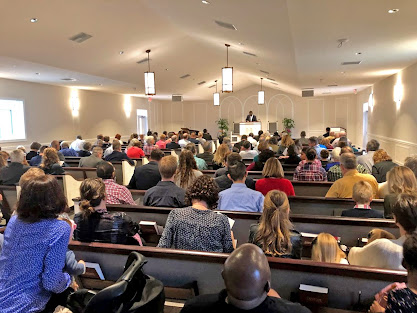What Does the ARP Confess About the Civil Government? by Rev. Benjamin Glaser

A common problem in our conservative Presbyterian circles is that some members of the PCA believe they not only invented American presbyterianism, but that they and the OPC are the only actual members of the party. One way their aloofness shows itself is through an unwillingness to recognize that not all of us descend from the 1729 Adopting Act nor gauge our history through Francis Makemie or the Philadelphia Assembly of 1789. When Makemie established the first presbytery in the American colonies in 1709 some of us were still in Scotland, both in and out of the revolution settlement CoS. Ebenezer Erskine was a spry twenty-nine years old and Alexander Moncrieff was fourteen. The years 1782 and 1803 are relevant to our history in ways the other dates are not. We are not overly concerned with what the mainliners were up to in those days. We’ve been blessedly free from that mess for two hundred twenty plus years. The reason why I bring that up is because the folks who think they hung the m...



